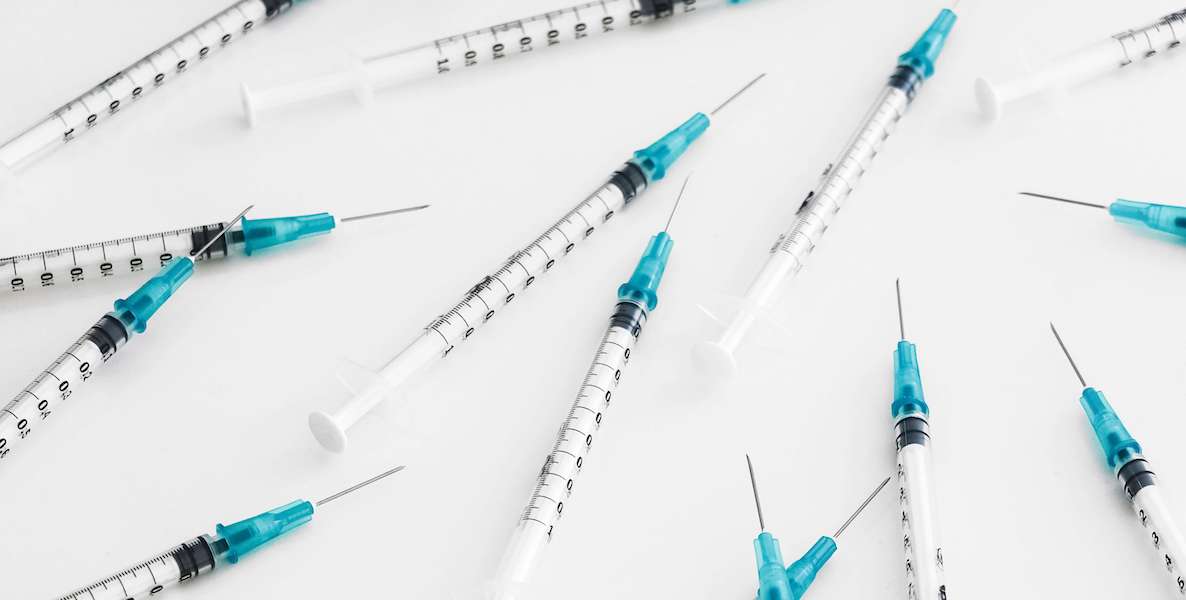The heroin epidemic in the United States is raging. According to the Center for Disease Control, heroin use has increased across nearly every demographic. As heroin use becomes more prominent, so have heroin-related overdoses and deaths. Between 2002 and 2013, the rate of deaths caused by heroin overdose almost quadrupled. States and municipal authorities around the country are struggling to deal with this epidemic.
The city of Seattle has become one of the first cities in the United States to build safe injection facilities for heroin users. In a safe injection facility, drugs can be used under the supervision of trained staff. The goals are to reduce risk of disease transmission through unhygienic injecting and prevent drug-related overdose deaths. The facility also connects drug users with addiction treatment and other health services.
RELATED: Want to bring safe injection sites to Philadelphia? Here’s everything you need to know about them.
Safe injection facilities have proven to be effective in other parts of the world. Studies conducted on these facilities have found an overall positive impact. The use of safe-injection facilities is shown to have reduced the risk of HIV transmission and overdose death. It has helped to decrease public drug use and has led to the increased enrollment in drug treatment programs. In Switzerland and Spain, some safe-injection facilities have even had to close due to reduction in heroin use and decline in the need for such services. Yet despite research showing clear public health benefits, many people remain highly skeptical of the initiative.
Read the full story here (via BuzzFeed)
![]()
RELATED
Header photo by Jeremy Bezanger / Unsplash



